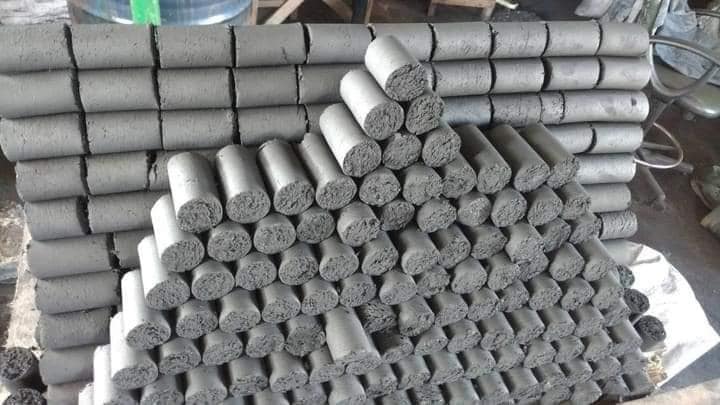Thanks to its irrigation system controlled remotely via a mobile application, the start-up Agritech 4 Africa, headed by Véhi Gogbé, won first place in the MoonLoop Innovation Prize organized by the Ivorian branch of the MoonLoop consortium of consulting firms. “Our goal is to help people and projects that contribute to the promotion of sustainable development. It is for us to highlight their interesting innovations that create opportunities for the future,” explains Droh Rusticot, director of the Ivorian subsidiary of MoonLoop.
According to the jury chaired by sociologist Jean-Louis Lognon, the award criteria focused on the originality of the project, its relevance, its feasibility and the ability of the company to sustain its project. All of these characteristics were found in the second winner, Bio Charbon Delibery, which produces coal from coconut shells. This technique was developed by Kahié Kouta, also winner of the 2019 edition of the Ghana Young Challenge (GYC).
The third prize in this competition goes to Agri Banana, a solution that valorizes and transforms banana tree waste into biodegradable bags called “Fandy Pack” to replace plastic packaging in Côte d’Ivoire. The start-up founded by Rebecca Toh N’Guessan recently obtained a patent from the African Intellectual Property Organization (OAPI) for their manufacture and marketing in 17 African countries.
A total of 5,000 euros (more than 3 million CFA francs) will be distributed among the three winners of this first edition of the MoonLoop Innovation Challenge.
Digital innovation at the service of the environment
Following the example of the irrigation system controlled remotely via a mobile application, proposed by the start-up Agritech 4 Africa, several other projects advocate the use of information and communication technologies (ICT) in agriculture. This sector is carried by 70% of smallholders in some countries of the continent.
Read also-
“If there is meteorological information indicating the best time to turn the soil, sow or harvest in these times of climate change, this added value can help a lot,” explains Cezar Santos Alvarez of the information technology division at the Food and Agriculture Organization of the United Nations (FAO).
Benoit-Ivan Wansi
